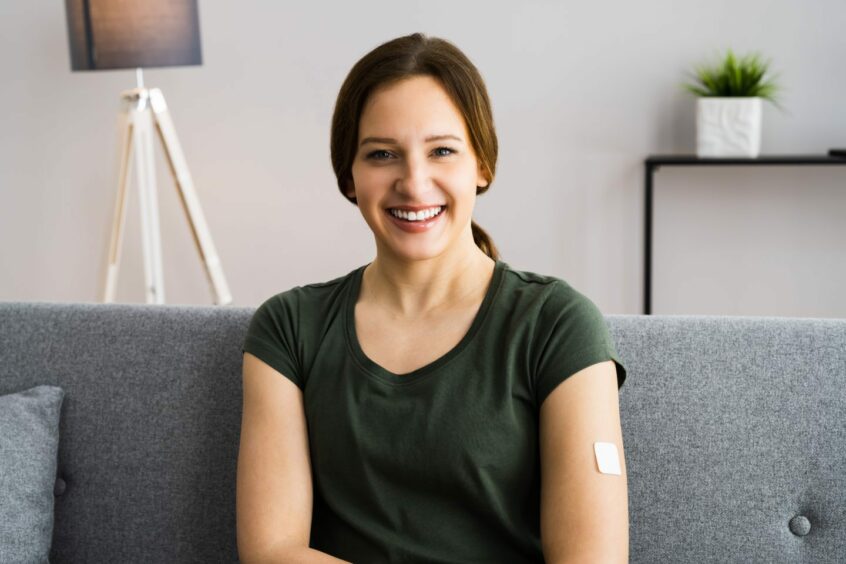“I don’t quite feel like myself at the moment.”
These are the words you’ll often hear from women reaching their 40s who’ve started to go through the biggest transition in their lives.
There’s the sleep struggles. Then there’s hot flushes, irritability and the fog descending on the brain to the point where you’re struggling to remember what you ate last night, never mind where you put your house keys.
Sometimes you wake up in the dark with night sweats – and did I mention the changes to your mood?
Of course you don’t need to be in the middle of your life because it can happen to younger women too.
There’s been much debate over whether Lancashire Police should have released details of 45-year-old Nicola Bulley’s alcohol and menopause struggles while she was missing.
But the case has also highlighted the desperate need for women to get more access to help, and vital information.
‘Some women are at the end of their tether’
Davina McCall opening up about her own battle with menopause triggered a surge in women going to their GPs asking for HRT.
But what’s not often talked about is that the first treatment you’re prescribed is not always the magic pill you thought it would be.
Some women experience side effects such as nausea, cramps and even headaches with HRT like Nicola Bulley.
Women’s health specialist Jane Johnston has spent more than 20 years helping women find the right treatment options while going through the big life change.
“Some of these women have had a really desperate time and are really at the end of their tether” she says.
“But if we get it right we can turn that around.”
Headaches with HRT: What are the treatment options?
Not every woman can take HRT but Jane, who works at Albyn Hospital, says GPs and menopause specialists now have much more flexibility with the dosage for those who can.
“If a woman is perimenopausal sometimes it’s difficult to get the dose right because you’ve got your own endogenous hormones that you’re producing which are still working, but running out.
“And then you’re adding in those extra hormones in the form of HRT.
“So it’s sometimes quite a difficult rollercoaster to balance getting the dosage right and the types of treatment right.”
Some women suffer side effects such as bloating, fatigue and headaches because they are progesterone sensitive.
But women can sometimes find it a frustrating experience getting all the help and advice that they need when they visit their GP.
“I speak to lots of women who say they have been to their GP who will just pick the next one down on the list rather than trying to work out the different doses of oestrogen and the different types of progesterone there are,” Jane says.
“There are lots of different combinations available, we’ve got lots of preparations that we can use. It’s just knowing which way to go with that.”
Some women find that Utrogestan, a micronised progesterone more similar to the type our ovaries produce, is effective and has fewer side effects.
Jane says it can be a bit of a minefield for women starting to go through the menopause journey, especially if you’re suffering side effects, such as headaches with HRT.
But she highlights how important it is to keep working with your GP to find the right treatment, or to book an appointment with a women’s health specialist for help.
She also recommends carrying out research on these sites:
- Women’s health concern
- The British Menopause Society – you can type in your postcode on this site to find a specialist in your area
- Newson Health




Conversation